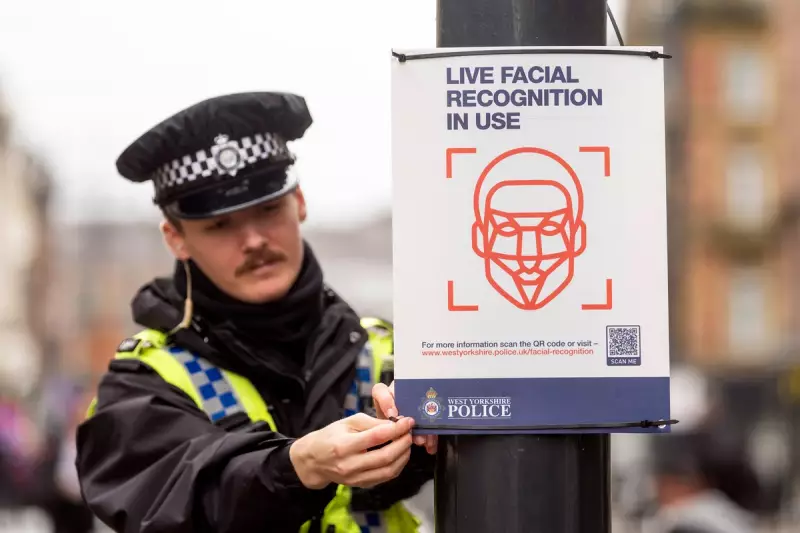
The United Kingdom is set for a significant expansion of police surveillance capabilities as seven additional police forces prepare to deploy live facial recognition technology in mobile vans.
Major Expansion of Surveillance Technology
The Home Office is funding the rollout of this controversial technology to Greater Manchester Police, West Yorkshire Police, Bedfordshire Police, Surrey Police, Sussex Police, Thames Valley Police and Hampshire Constabulary. This expansion follows the Metropolitan Police's reported success with the technology, which they claim has led to approximately 1,000 arrests.
The deployment represents one of the most substantial increases in police surveillance technology in recent years, significantly widening the net of automated facial recognition across England.
How The Technology Operates
The system uses vehicle-mounted cameras that scan faces in public spaces, comparing them against watchlists of individuals wanted by police or subject to court orders. When a match is identified, officers can then intervene to verify the identity and make arrests if necessary.
Police authorities maintain that the technology has seen significant improvements in accuracy since earlier versions attracted criticism. They've committed to using the systems transparently, with public notifications when deployments occur in specific areas.
Another key safeguard mentioned is the rapid deletion of non-matching images, meaning the faces of ordinary citizens not on watchlists should not be stored permanently.
Civil Liberties Concerns
The expansion has drawn immediate criticism from civil liberties organizations and anti-racism groups. Campaigners point to the technology's documented history of producing inaccurate results and demonstrating racial bias in some implementations.
Privacy advocates argue that the widespread deployment of live facial recognition represents a fundamental shift toward mass surveillance in public spaces, potentially chilling the right to peaceful protest and anonymous movement.
The debate continues between law enforcement agencies seeking new tools to combat crime and civil liberties groups concerned about privacy implications and potential misuse of the technology.





